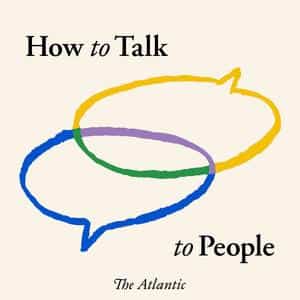
In this episode of “Making Sense with Sam Harris,” Sam Harris engages in a thought-provoking conversation with David Brooks, a contributing writer at the Atlantic and columnist for The New York Times. They delve into the state of American democracy, the erosion of social trust, the perils of identity politics, and much more.
David Brooks and Sam Harris delve into the breakdown of social trust in America, which has led to surges of populism and conspiracy thinking. The pandemic has further highlighted the lack of cultural cohesion and the failure to come together as a society. Low social trust is linked to a failure of fact-based discussion, diversity, and identity politics. They emphasize the importance of personal integrity, but also the need for cultural contexts, institutions, norms, and systems that support and enable good behavior.
David Brooks reflects on the origins of liberalism and the role of institutions in shaping our behavior. He highlights the importance of our commitments to family, nation, and community. They discuss the need for politics to focus on recognition rather than distribution, as well as the dangers of over-politicization and under-moralization in society.
Brooks explores the enduring problems with economic inequality and the meritocratic system. The rise of the meritocratic class has concentrated wealth and cultural power, leading to a backlash in the form of populism. They discuss the moral inversion within the Republican Party and the complexities of addressing issues of race and class.
The conversation delves into the reasons behind the support for Donald Trump, including a sentiment of fighting against educated elites. Many educated elites themselves support Trump for various reasons, such as cynicism and rationalizations. They discuss the dynamics within the Republican Party and the challenges of finding alternatives to Trump.
The challenges of defending the liberal order and moral norms in a world where power is prioritized are explored. The conversation highlights the importance of a universal moral order and the difficulty of building and maintaining moral communities. They discuss the impasse in political conversations with Trump supporters who refuse to acknowledge the problem of a non-peaceful transfer of power.
In this episode, Sam Harris and David Brooks engage in a deep and insightful conversation about the state of American democracy and the erosion of social trust. They explore various topics, including economic inequality, the dangers of identity politics, and the challenges of defending the liberal order. Through their discussion, they shed light on the complexities of our current political landscape and the need for greater moral reflection and societal cohesion.